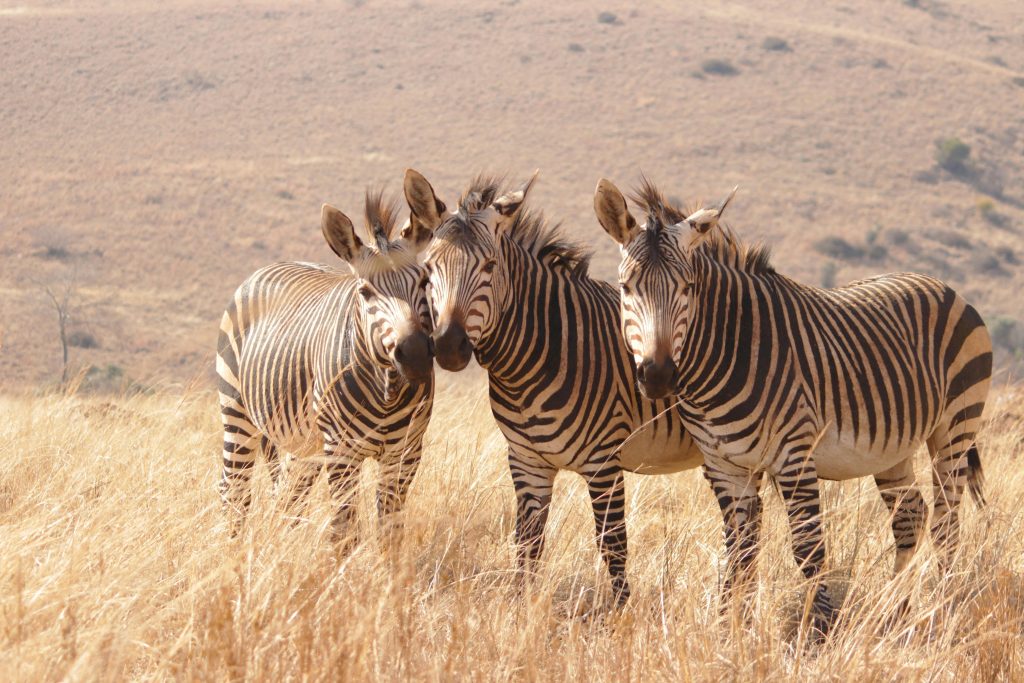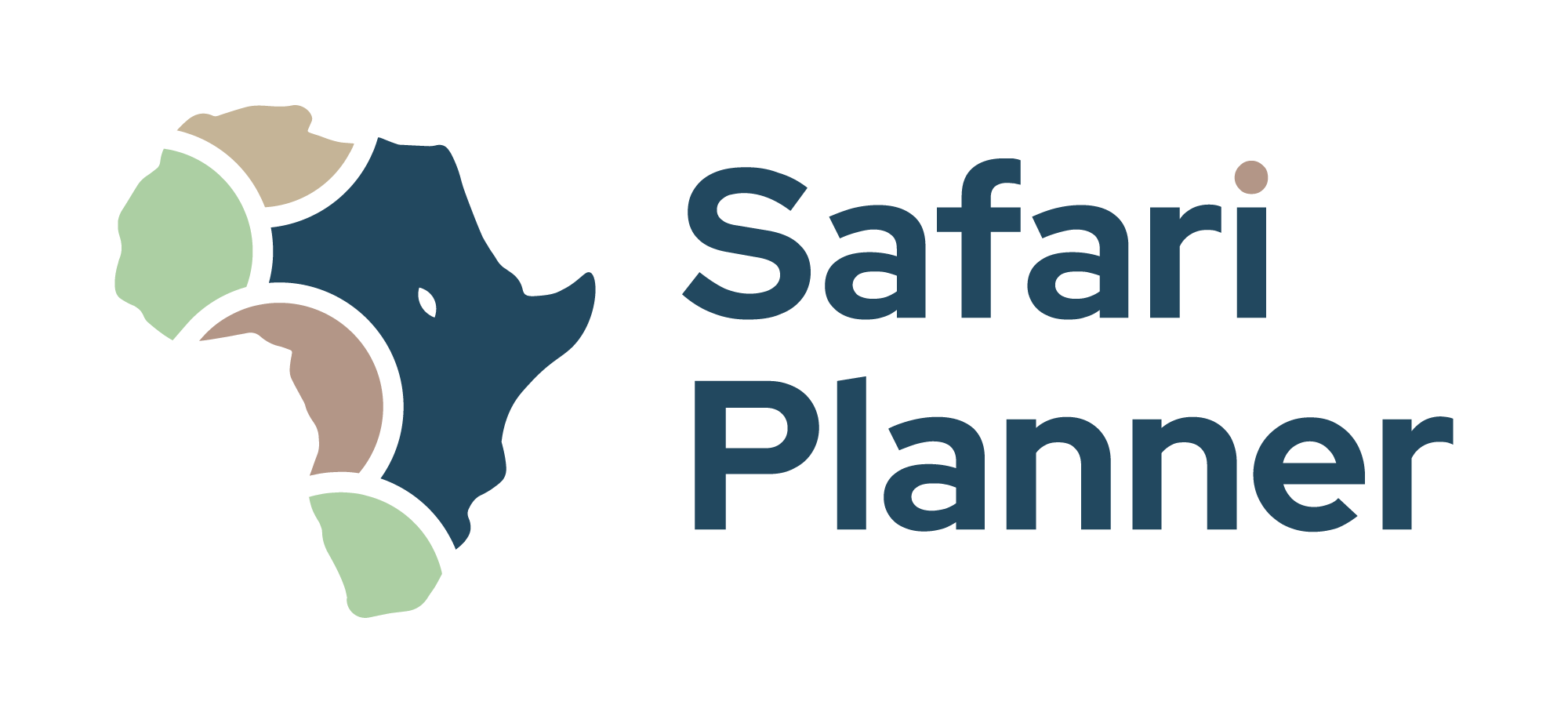For First-Time Families
You’re dreaming of your family’s first safari: the thrill of seeing an elephant for the first time, the campfire stories under a sky full of stars, the shared memories that will last a lifetime. But the planning feels complex. You’re weighing adventure against safety, logistics against budget. What if you could have it all? A trip that combines a world-class Big Five safari with a vibrant city, breathtaking coastlines, and—most importantly—absolute peace of mind.
Welcome to South Africa.
As safari experts who have planned countless family adventures, we believe South Africa is one of the best and most versatile destinations for a first-timer. It offers a level of diversity, quality, and accessibility that is simply unmatched. This guide will cut through the noise and show you exactly how to plan a South Africa safari that is perfect for your family, your budget, and your desire for a truly unforgettable journey.
Why a South Africa Safari is Perfect for Your Family
While other destinations offer incredible wildlife, South Africa provides a unique combination of benefits that seem tailor-made for the “Legacy Family.”
Peace of Mind: Abundant Malaria-Free Safari Options
This is the single biggest advantage for families. South Africa is home to several world-class, Big Five game reserves in the Eastern Cape (Kwandwe) and North West provinces (like Madikwe Game Reserve) that are entirely free of malaria. This eliminates the need for anti-malarial medication, a significant concern for parents, especially those with younger children. You get all the wildness and wonder of a premier safari without the worry.

More Than a Safari: Combine Wildlife, Cities, and Coastlines
No other country lets you so easily pair a phenomenal safari with other top-tier travel experiences. In a single 10 to 14-day trip, your family can:
- Explore the iconic sights of Cape Town, from Table Mountain to Boulder’s Beach penguins.
- Drive the spectacular Garden Route, a coastline packed with adventure activities.
- Conclude with a Big Five, malaria-free safari where the kids can see lions, leopards, and elephants.
This variety keeps everyone engaged and creates a richer, more dynamic family vacation.
A World-Class Experience for Every Budget
South Africa’s well-developed infrastructure means more choice. Whether you dream of an adventurous self-drive trip through Kruger National Park or a fully-catered stay at a luxurious, all-inclusive lodge, you can find an option that delivers incredible value without compromising on quality.
Expert Insight: “The mistake many first-timers make is thinking they must choose between a city trip and a safari. In South Africa, they are two sides of the same coin. We design our trips to flow seamlessly from one to the next, maximizing family enjoyment.”
Choosing Your Family’s Perfect Safari: A Region-by-Region Guide
Understanding the key safari regions is the first step to building your perfect trip. We frame them based on what they offer your family.
The Icon: Greater Kruger National Park
Kruger is South Africa’s safari legend. It’s a vast wilderness teeming with wildlife. For families, the key is understanding the difference between the main park and the adjacent private reserves.
- Kruger National Park: Excellent for self-driving, offering flexibility and affordability. You stick to paved and gravel roads, stay in national park rest camps, and have the freedom to explore at your own pace.
- Private Reserves (Sabi Sand, Timbavati, Klaserie, etc.): These share unfenced borders with Kruger but offer a more exclusive experience. You’ll stay in all-inclusive lodges with expert guides who can drive off-road for closer sightings, and you’ll share those sightings with far fewer vehicles.
The Malaria-Free Sanctuaries: The Eastern Cape & Madikwe
Here are some recommendations for families. Located in different provinces to Kruger, reserves like Shamwari and Amakhala in the Eastern Cape Province, and Madikwe in the North-West Province were developed on former farmland. They have since been returned to the wild and stocked with the Big Five. The wildlife viewing is superb, the lodges are family-focused, and the logistics are simple—especially when connecting from the Garden Route to Eastern Cape.
The “Safari Plus” Combination: Cape Town & The Garden Route
This is where South Africa truly shines. Start in Cape Town, one of the world’s most beautiful cities. Then, embark on a scenic drive along the Garden Route, a stretch of coast famous for its forests, lagoons, and family-friendly towns like Knysna and Plettenberg Bay. Finish your adventure at an Eastern Cape reserve for your grand safari finale. It’s a journey packed with diverse experiences.
What Does a South Africa Safari Cost? A Clear Breakdown for Families
Budget transparency is crucial. The cost of your safari is primarily determined by your choice between a self-catered adventure or an all-inclusive lodge experience.
Self-Drive Safari: ~$200 – $400 per person/day
This includes renting a vehicle, paying daily park conservation fees, and staying in national park bungalows (SANParks). You’ll buy your own groceries and cook your own meals. It’s a fantastic and affordable adventure for families who are comfortable driving and exploring independently.
All-Inclusive Lodge: ~$500 – $1500+ per person/day
This covers your luxury accommodation, all meals and drinks, and typically two professionally guided game drives per day in an open 4×4 vehicle. This is the hassle-free option where every detail is handled for you, allowing you to simply immerse yourselves in the experience.
| Feature | Self-Drive (Kruger) | All-Inclusive Lodge (Private Reserve) |
| Accommodation | National Park Bungalows | Luxury Tents or Suites |
| Game Drives | In your own rental car, on roads | Guided, open 4×4, off-road allowed |
| Meals | Self-catered | All meals & drinks included |
| Best For | Adventurous families on a budget | Maximum wildlife viewing with zero hassle |
Caption: Deciding between self-drive and a private lodge is the biggest factor in your South Africa safari cost and experience.
When is the Best Time for a Safari in South Africa?
The best wildlife viewing is during the dry winter months, from May to October. During this time, vegetation is sparse and animals congregate around rivers and waterholes, making them easier to find. This conveniently overlaps with the summer holiday period for North America and Europe.
The summer “green season” (November to April) is also lovely, with lush landscapes and lots of baby animals, but wildlife can be harder to spot in the thick bush.
Sample 10-Day South Africa Family Itinerary: City, Coast & Safari
To show you how it all fits together, here’s a classic, family-tested itinerary:
- Days 1-4: Cape Town. Arrive at CPT. Settle in and explore. Ascend Table Mountain, visit the V&A Waterfront, see the penguins at Boulders Beach, and take a powerful trip to Robben Island.
- Days 5-7: The Garden Route. Pick up a rental car and drive to the heart of the Garden Route (e.g., Plettenberg Bay). Enjoy whale watching (in season), explore Tsitsikamma National Park, and visit an animal sanctuary.
- Days 8-10: Malaria-Free Safari. Drive the final leg to your Eastern Cape private game reserve (like Shamwari or Amakhala). Check in for three days of incredible Big Five game drives, guided by expert rangers.
- Day 11: Departure. Enjoy one last morning game drive before driving to Port Elizabeth (PLZ) for your flight home.
Frequently Asked Questions About a South Africa Family Safari
Is South Africa safe for families?
Yes. The tourist areas, including Cape Town, the Garden Route, and the safari reserves, are well-established and safe for family travel. As with any destination, it’s important to be sensible and aware of your surroundings in cities, but the safari portion is exceptionally safe within the confines of the professionally managed reserves.
What is the difference between a national park and a private game reserve?
A national park (like Kruger) is state-owned, allows the general public and self-drivers, and requires you to stay on designated roads. A private game reserve is privately owned, typically offers all-inclusive luxury lodging, and allows guides to drive off-road for more intimate wildlife encounters with far fewer people.
Do we need malaria medication for a Kruger safari?
Kruger National Park is in a low-risk malaria area, and precautions are recommended, especially from September to May. It is crucial to consult your doctor or a travel clinic for the latest advice. However, reserves in the Eastern Cape, Madikwe, and the Waterberg are entirely malaria-free.
What is the minimum age for children on safari?
This varies by lodge. Many lodges in malaria-free areas are specifically designed for families and welcome children of all ages, offering special “bumble” drives for little ones. Most private reserves in the Kruger area have a minimum age of 6 for game drives, and some have a minimum overall age of 12. Always check before booking.
Can we self-drive in South Africa easily?
Absolutely. South Africa has an excellent road network, signage is in English, and they drive on the left. Renting a car is easy and is a popular, cost-effective way to explore the country at your own pace.
Ready to Plan Your Family’s Dream South Africa Safari?
Feeling the pull of Cape Town’s mountain, the Garden Route’s charm, and the untamed thrill of the bush? South Africa offers a journey unlike any other, and you don’t have to piece it together alone. Our unbiased, expert advice is here to help you design the perfect trip.
The best part of a South Africa safari is that you don’t have to choose. You can have it all. Let us help you build an itinerary that perfectly balances adventure, relaxation, and lifelong family memories.
